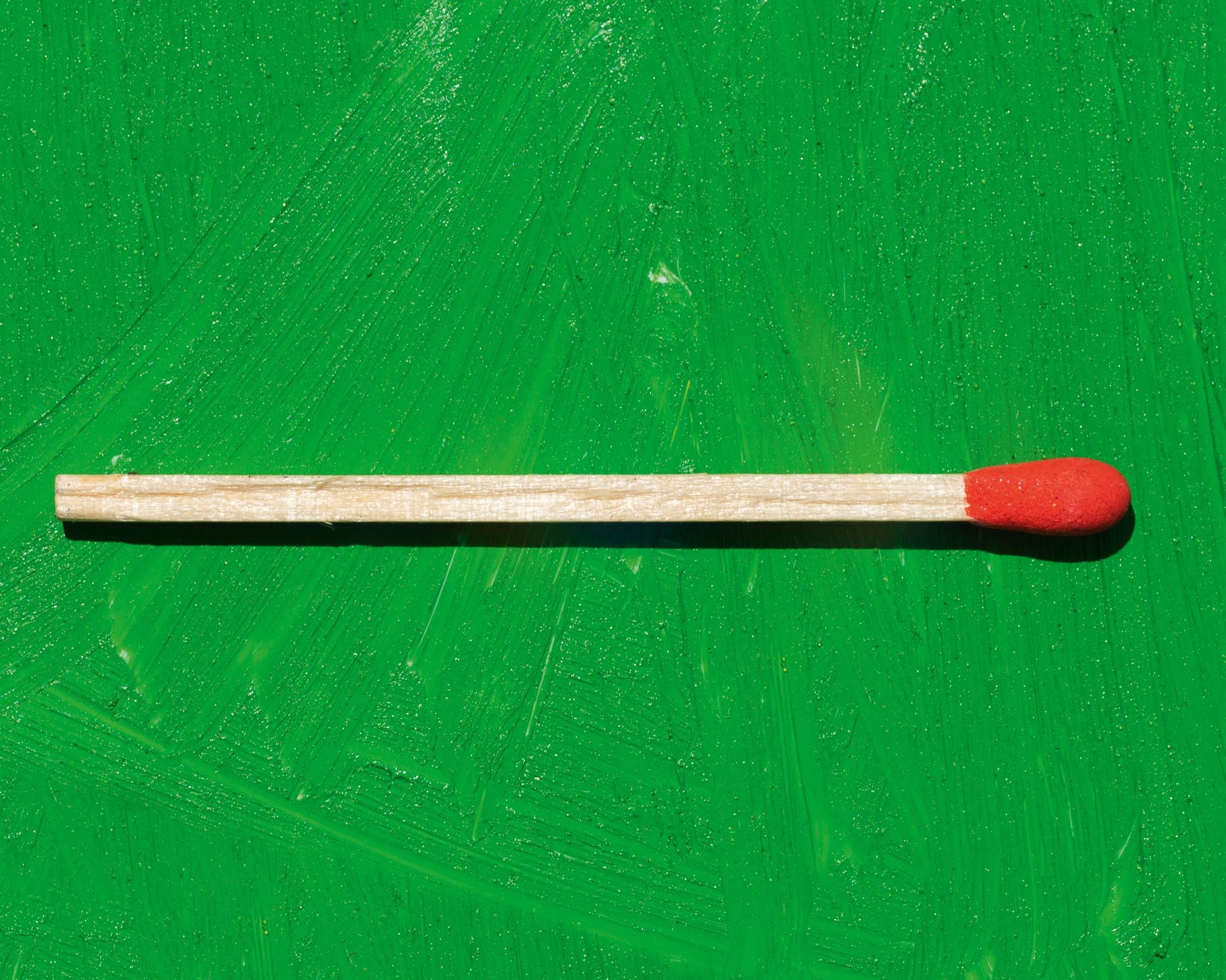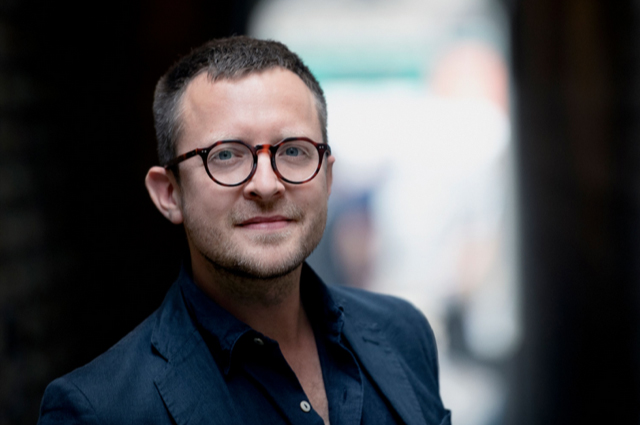Why we should all embrace friction
Looking to feel alive in an increasingly anaesthetising world? Harness the power of friction


Receive our daily digest of inspiration, escapism and design stories from around the world direct to your inbox.
You are now subscribed
Your newsletter sign-up was successful
Want to add more newsletters?

Daily (Mon-Sun)
Daily Digest
Sign up for global news and reviews, a Wallpaper* take on architecture, design, art & culture, fashion & beauty, travel, tech, watches & jewellery and more.

Monthly, coming soon
The Rundown
A design-minded take on the world of style from Wallpaper* fashion features editor Jack Moss, from global runway shows to insider news and emerging trends.

Monthly, coming soon
The Design File
A closer look at the people and places shaping design, from inspiring interiors to exceptional products, in an expert edit by Wallpaper* global design director Hugo Macdonald.
There’s a through-line in the contents of the latest issue of Wallpaper* magazine and it’s that friction is a powerfully positive force. Consider the definition of friction: a force of resistance in opposition to another force in motion. We’ve been sold the idea that a friction-free life is the paragon of luxury, and tend to associate friction in our daily experiences with hindrances: people walking slowly when we’re in a rush; password updates; low battery; or worse, no signal. These are irritating realities of modern life, but we’ve misidentified friction as the obstacle rather than the means to overcome it; and that force is something uniquely human that we need to harness, not eliminate.
Friction is the force that creates fire and speed. It makes babies, builds muscle and feeds intellect. It is literally vital. Friction is the rough that counters the smooth – we appreciate light better with shade. If we turn our backs on friction, we risk rendering ourselves inert, numb, powerless. By contrast, leaning into friction is energising; it inspires determination and ingenuity by giving us an opposing force to resist, whether that be an uncomfortable chair or an authoritarian regime. Progress does not manifest on its own.
Life is more convenient than ever before, yet we have never been more lonely and depressed. The vegetating effects on our brains of relying on AI are already scientifically proven (by humans). From the comfort of our vicuña blankets, how might we go about inviting a little more friction back into our lives before atrophy hits? Let’s start by using our voices more than our fingers. We need to be comfortable disagreeing with colleagues, Above, Untitled, 2019, by New York-based Ukrainian photographer Sergiy Barchuk friends and family and overcoming it together. It’s good to argue. It feels enlivening.
To reawaken our animal selves, we need greater sensory engagement in life. In the realms of design, let’s push for natural materials in their real states, not coaxed into performing more smoothly or conveniently. The patina of natural materials bearing their textures of time and use is evocative and beautiful. The same is true of skin.
Tempting as it may be to iron out the grit and wrinkles of our lives with technology, too often we erase our humanity at the same time. Friction requires active engagement and, beyond this, effort. It’s not about meeting the world passively; it’s about seizing life, wrestling with it, learning from it and growing through it. It is not a force from which we should be seeking freedom at all – far from it. Friction is what makes us feel human and alive.
Receive our daily digest of inspiration, escapism and design stories from around the world direct to your inbox.

Hugo is a design critic, curator and the co-founder of Bard, a gallery in Edinburgh dedicated to Scottish design and craft. A long-serving member of the Wallpaper* family, he has also been the design editor at Monocle and the brand director at Studioilse, Ilse Crawford's multi-faceted design studio. Today, Hugo wields his pen and opinions for a broad swathe of publications and panels. He has twice curated both the Object section of MIART (the Milan Contemporary Art Fair) and the Harewood House Biennial. He consults as a strategist and writer for clients ranging from Airbnb to Vitra, Ikea to Instagram, Erdem to The Goldsmith's Company. Hugo recently returned to the Wallpaper* fold to cover the parental leave of Rosa Bertoli as global design director, and is now serving as its design critic.